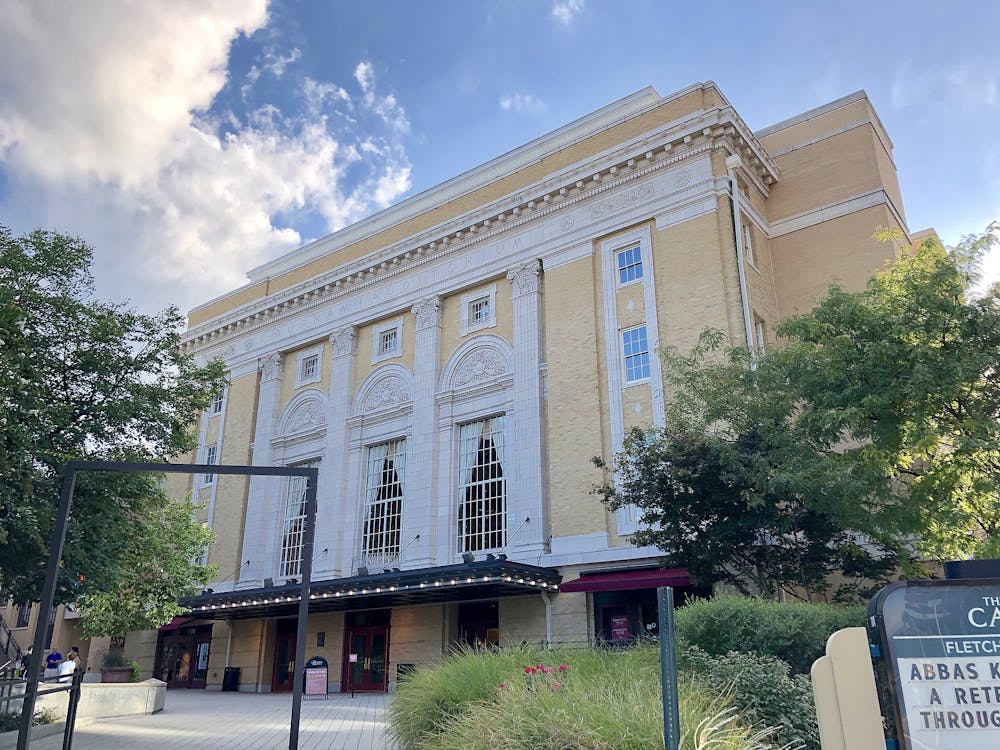Just 63 years ago and less than an hour drive away from Duke, four college freshmen — Ezell Blair Jr. (now Jibreel Khazan), David Richmond, Franklin McCain and Joseph McNeil — from then Agricultural and Technical College of North Carolina (now North Carolina A&T State University) began a sit-in protest at a Greensboro lunch counter. Their movement proliferated like wildfire, and history illustrates the freshmen, known as “the Greensboro Four,” as civil rights heroes.
Now, 63 years later, the historic Carolina Theatre in downtown Durham opened Black History Month by serving the memory of the four freshmen with two screenings of “February One” — a 2005 documentary telling their tale of civil disobedience and the waves that rippled in their wake.
As I walked to the theater, groups of Durhamite high schoolers journeyed to the showing too, many equal in age to the “Greensboro Four” at the time of their heroics. Middle and high school students populated the theater floor to learn and commemorate a piece of regional history.
Woolworth’s lunch counter, the segregated establishment at which the four began their protest, was desegregated six months after that Feb. 1 morning. However, as a fallout of the protest and the general spoilage of Greensboro’s downtown, the historic site fell into disrepair. The conclusion of the documentary mentions plans to revitalize the vacant Woolworth building as an international civil rights museum. Well, over a decade later, the International Civil Rights Center & Museum refurbished the location to host events and offer both in-person and virtual tours. In addition to rotating exhibits on the history of civil rights, the museum houses the restored F. W. Woolworth lunch counter at its original location. A mere 50 minute drive affords Duke students this slice of pertinent history.
Also in Greensboro, on HBCU North Carolina A&T’s campus, a “February One” monument dedicated in 2002 portrays the four men as they planned and carried out their protest.
Finally, back in downtown Durham, the Carolina Theatre hosts a civil rights exhibit — “Confronting Change” — for the entirety of Black History Month. Self-guided tours are available for free during normal Monday to Friday business hours. The exhibit explores the theater’s role in the civil rights movement and honors those who played crucial roles in its desegregation.
Get The Chronicle straight to your inbox
Signup for our weekly newsletter. Cancel at any time.

